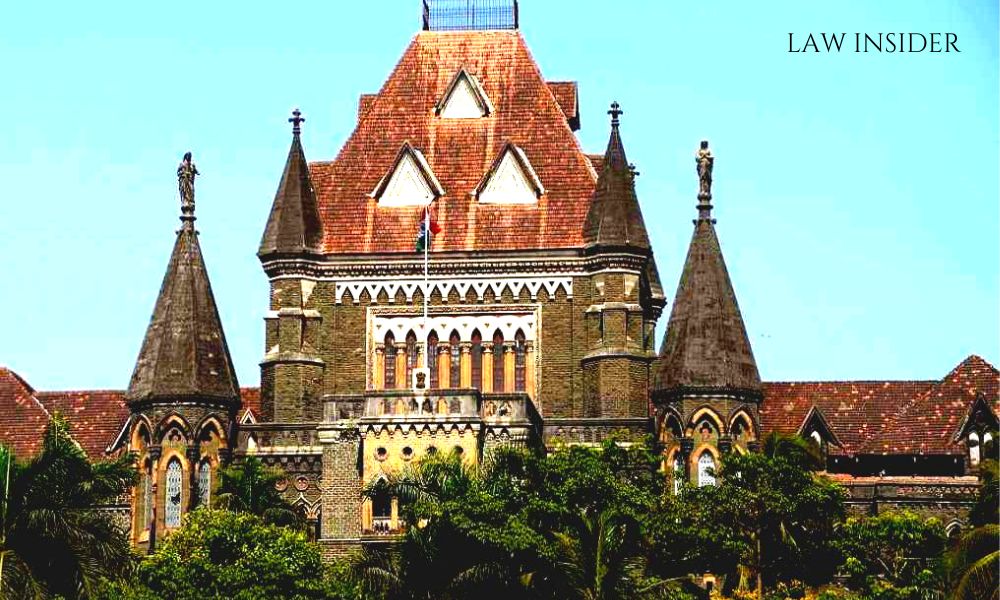LI Network
Published on: December 15, 2023 at 17:07 IST
The Bombay High Court has declared that even hearsay evidence is admissible in domestic inquiries, as strict rules of evidence do not apply in such proceedings.
The observation came from the bench of Justice Sandeep V Marne, stating that in domestic inquiries, the traditional rules of evidence are not rigidly applicable, allowing for the inclusion of hearsay evidence.
According to the court, if, upon examination, a person of ordinary prudence can reasonably conclude that the alleged event is likely to have occurred, such evidence is deemed sufficient to establish misconduct in a domestic inquiry. The criterion applied is the “preponderance of probability.”
Representing the petitioners, Counsel Gangadhar Sabnis argued the case, while Counsel Jai V Kanade and AGP AP Vanarase appeared for the respondents.
The case in question involved a petition by the management challenging the Judgment and Order issued by the Presiding Officer of the School Tribunal, Mumbai, on January 11, 2022.
The Tribunal, in response to an appeal by Respondent No.1, set aside the termination order dated March 15, 2019, directing the reinstatement of Respondent No.1 with full back wages, continuity in service, and all associated benefits.
The dispute arose from the termination of Respondent No.1, who served as a Peon in Acharya Narendra Dev Vidyamandir, a secondary school under the management of Petitioner No.1 trust.
The termination was based on allegations of sexual assault on the headmistress’s minor daughter, leading to an FIR in March 2014. The inquiry committee recommended dismissal, resulting in the contested termination order.
The court considered the circumstances and remarked that it was implausible for a mother to falsely implicate a peon in her school by using her 12-year-old daughter for such purposes.
The court found no evidence of extreme animosity between the headmistress and Respondent No.1 that would justify the unlikely act of framing false charges against the peon. Consequently, the court held that the headmistress’s evidence could not be dismissed on the grounds of alleged animosity.
The court further determined that the penalty imposed on Respondent No.1 was proportionate to the gravity of the alleged misconduct. In light of these considerations, the petition was allowed.
Case Title: President / Secretary, Uttar Bhartiya Education Society & Anr. vs Naresh Tejan Thakur & Anr.

